Automotive Cyber Security Audits and Assessments
In today's dynamic automotive industry, as software-based functions & autonomous driving accelerate and connectivity becomes the norm, ensuring vehicle security has never been more critical. As vehicles become more sophisticated and interconnected, the need for robust measures to ensure the well-being of occupants and system design has increased.
What is ISO/SAE 21434?
ISO/SAE 21434 is the international standard dedicated to cybersecurity in the automotive industry. It provides a framework for managing cybersecurity risks throughout the entire lifecycle of a vehicle, from concept to decommissioning through
-
Implementing a robust cybersecurity management system
-
Embedding cybersecurity throughout the entire automotive lifecycle
-
Proactively identifying and addressing cybersecurity threats
-
Demonstrating commitment to ensuring security
In addition, the UN Cybersecurity regulations R155 and R156 are effective & are compulsory for all new vehicles manufactured from July 2024. Omnex S3 helps manufacturers and suppliers to make their organization equipped for the new cybersecurity requirements.
Our team of experienced cybersecurity professionals has a deep understanding of ISO/SAE 21434 and the automotive industry and guides you through the audit, assessment, and certification process.
ISO/SAE 21434 Cybersecurity Certification Overview

Automotive Cybersecurity
Management System Audits
An audit is an examination of processes at the organization in regard with the achievement of Cybersecurity. An organization developing Automotive E/E systems (OEMs, Tier-1, Tier-2, Semiconductor) can undergo audit and Certification by Omnex S3 for their Organization Cybersecurity Management System according to ISO/SAE 21434 Automotive Cybersecurity Engineering.

Automotive Cybersecurity
Product Assessments
A product assessment checks the process implementation against the planned activities. It is an independent judgement that the objectives of the standard have been adequately achieved. An E/E System (item according to ISO/SAE 21434) can be assessed by Omnex S3 and assessment can be performed. The Item under assessment must be designed and tested following a cybersecurity engineering process according to ISO/SAE 21434 and the device must include a set of cybersecurity defense techniques. (Notably, as ISO/SAE 21434 lacks explicit details on security measures, alternative standards, including those in IEC 62443-4-2, may serve as a point of reference.)

Automotive Cybersecurity
Personnel Certifications
Individuals seeking certification programs in Automotive cybersecurity can pursue training and certification from Omnex after qualification. The certification program emphasizes a robust skill set, ensuring that certified personnel possess the necessary expertise in implementing ISO/SAE 21434 in their organization products and processes.

Benefits of Certification
Securing compliance for Cybersecurity is not just a regulatory requirement; it's a strategic investment with tangible benefits. By reducing risks associated with potential accidents or cyber threats, businesses not only protect their assets but also enhance their reputation.
The advantages also extend beyond compliance, fostering a culture of continuous improvement that sets your business apart in a competitive automotive landscape.





